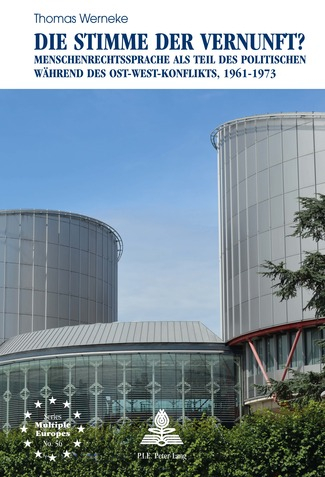Completed associated PhD project
The thesis of my doctoral dissertation run that the success of human rights semantics in the 1970s cannot be explained without considering the political and ideological disputes of the Cold War in the 1960s. The confrontational discourses during the Cold War can be understood as a catalyst for the dissemination of human rights semantics in the 1960s. Human rights were communicated by the political actors of the Western integration zone as a new political morality that divided the world into ideological spheres of us and them. In the process, human rights replaced in international language the concept of civilisation as the fundamental narrative of superiority, not least because of its proximity to colonialism. It was now moral and no longer technological and cultural progressiveness that was the benchmark. The rise of human rights semantics in the 1960s took place at a point of intersection between the Western language of morality and Western political ideology. The absolute subordination of human rights to anti-communism, therefore, can no longer be observed in the 1960s. Instead, utopian concepts of democratising the world, such as the modernisation theory, gained in importance.
Publication:
Thomas Werneke: Die Stimme der Vernunft. Menchenrechtssprache als Teil des Politischen während des Ost-West-Konflikts, 1961-1973, Bern 2016.

